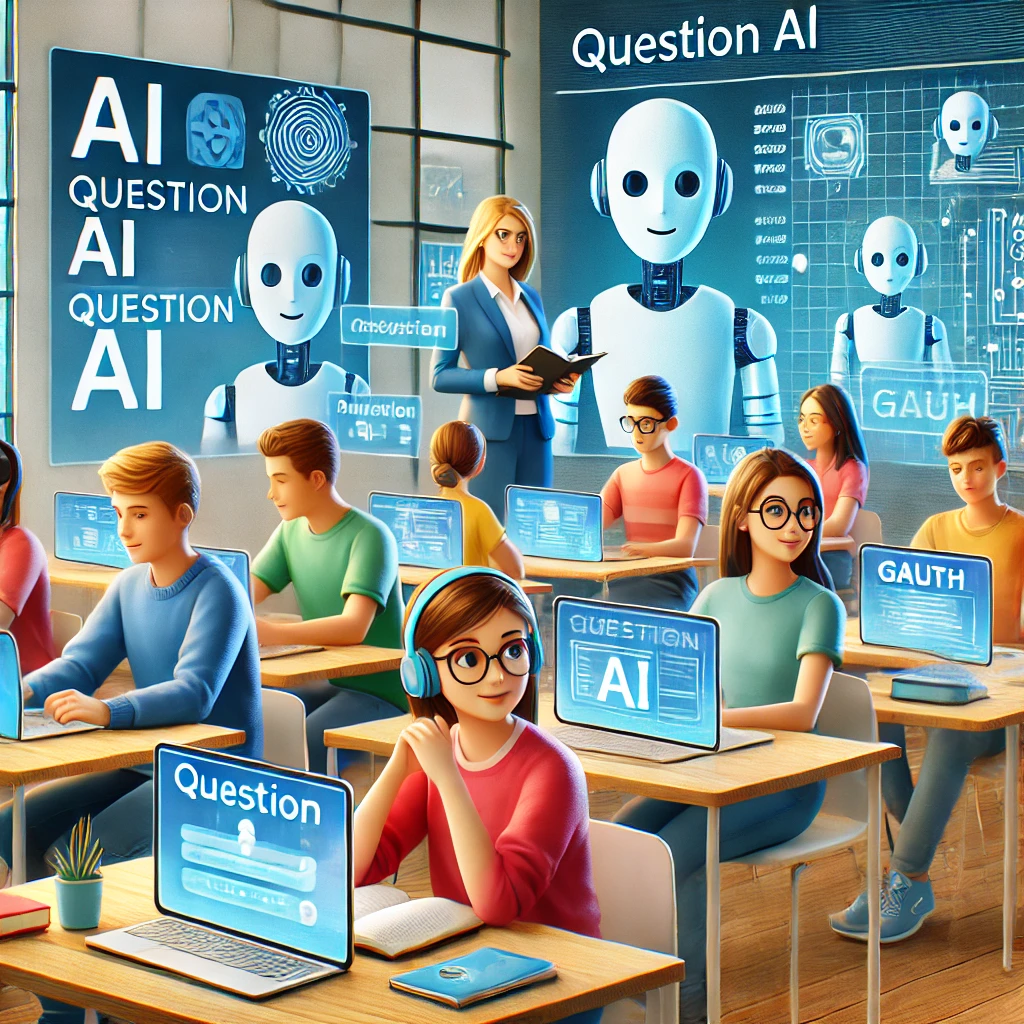AI Tutors in the World of Higher Education
Artificial intelligence (AI) tutors are rapidly becoming a prominent area of study and research in higher education. With an increasing number of students opting for remote learning, AI tutors have the potential to revolutionize the way we learn and adapt to the digital era. In this blog post, we will explore the impact of AI tutors on higher education, discuss their limitations, and highlight the latest advancements in the field, such as Google’s Julian and the National AI Institute for Adult Learning and Online Education (AI-ALOE).
AI Tutors – Enhancing the Learning Experience
AI tutors have become indispensable tools in the realm of higher education. They enable students to get the most out of their education by providing personalized learning experiences tailored to their individual needs. This not only helps students better understand complex concepts, but also allows faculty members to focus on the areas where they can best share their expertise. EdTech Magazine, a leading authority on educational technology, has reported on the benefits of AI tutors in improving learning outcomes and student engagement.
However, AI tutors have traditionally been limited to answering objective, right-or-wrong questions. This has left a gap in their ability to address more subjective queries or engage in open-ended discussions with students. Machine learning algorithms have been employed to improve the AI tutors’ capabilities in understanding context and providing relevant answers, but there is still much room for improvement. As more and more students look to study remotely, the future of AI tutors may be on the horizon, with new developments aimed at bridging this gap and offering a more comprehensive learning experience.
The dynamic, unscripted AI tutor that generates its own questions and assesses students’ answers independently.
Google-powered Julian, a groundbreaking AI tutor developed in collaboration with Walden University, is poised to change the landscape of AI tutoring. Unlike most AI tutors, Julian is dynamic, unscripted, and can generate its own questions while assessing students’ answers completely on its own. This innovative approach to adaptive learning allows Julian to be more interactive and engaging, as it uses the same course materials the students are given.
Moreover, Julian’s adaptive learning capabilities help tailor the learning experience to each student’s unique needs. This personalized learning approach has been shown to improve student outcomes and overall satisfaction with the learning process. As the digital transformation in education continues, AI tutors like Julian are set to play a crucial role in shaping the future of higher education.
How the National AI Institute for Adult Learning and Online Education is focusing on adult learners in the era of automation.
The National AI Institute for Adult Learning and Online Education (AI-ALOE) has taken a keen interest in adult learners, especially as millions of Americans will need to be reskilled or upskilled in the coming decade due to automation changing the way we work. AI-ALOE is at the forefront of research and development in AI tutors for adult learners, focusing on critical areas such as data analytics, cybersecurity, and microcredentials.
One promising AI tutor, Agent Smith, offers significant potential for large-scale growth. Developed at Georgia Tech, Agent Smith can replicate a Jill Watson AI tutor for courses and classrooms around the country in as little as five hours. The latest version of the AI is designed to help expand its reach, making it an invaluable tool for adult learners who require flexible learning options and personalized support.
As adult learners navigate the challenges of reskilling and upskilling in a rapidly changing job market, AI tutors like Agent Smith can provide targeted support in acquiring new skills and knowledge. By offering personalized learning experiences, AI tutors are playing a pivotal role in bridging the skills gap and preparing adult learners for success in the age of automation.
The Future of AI Tutors in Higher Education
The future of AI tutors in higher education looks bright, with ongoing advancements in artificial intelligence and machine learning opening new doors for more sophisticated and responsive AI tutoring systems. As the educational landscape shifts towards hybrid learning models, AI tutors are poised to become essential components of the learning experience.
These AI-driven educational tools not only facilitate personalized learning but also foster a more engaging and interactive environment for students. The use of AI tutors in higher education will continue to evolve, integrating advancements in technology and pedagogy to create a transformative learning experience that prepares students for the challenges of the digital age.
The Transformative Impact of AI Tutors on Higher Education
AI tutors are reshaping the world of higher education by providing personalized learning experiences and equipping students with the necessary skills to thrive in a digitally-driven society. As AI tutors continue to evolve and improve, they will play an increasingly vital role in the education of adult learners, fostering a more engaging, adaptive, and interactive learning experience. The future of higher education lies in the successful integration of AI tutors and the embrace of hybrid learning models that combine the best of traditional and digital learning approaches.



